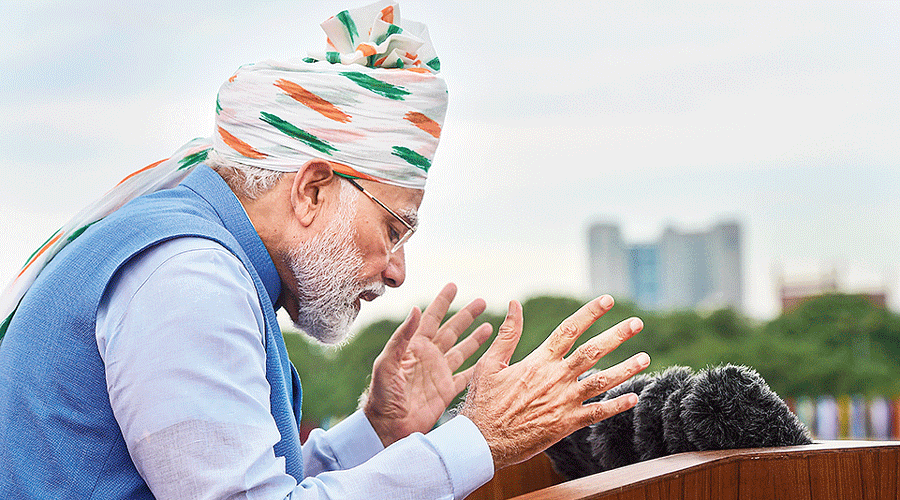Voices have risen from within Gujarat, too, against the state government’s decision to release the convicted rapists and murderers in the Bilkis Bano case.
A group of artists and writers on Wednesday described the remission of the sentences by the Gujarat government as an “outright act of bad faith” and questioned the authorities’ silence.
In an appeal, they urged the State and its structures to “immediately take all such measures as are required to not only restore the citizens’ faith in democratic justice but in humanity, truth and civilisation”.
The 122 signatories include several from Gujarat and Maharashtra. Among them are poet and artist Prabodh Parikh, poet and filmmaker Mehul Devkala, artist Atul Dodiya, poet and editor Kamal Vora, author Himanshi Shelat, theatre director and actor Manoj Shah, screenwriter Naushil Mehta and poet and novelist Kanji Patel.
Poet K. Satchidanandan, poet and writer Rukhmini Bhaya Nayar, poet and novelist Jeet Thayil and writer and filmmaker Ruchir Joshi have also signed the appeal.
The signatories to the joint appeal added: “If the visuals of public feting of the released convicts and litany of Brahminical sanskars by a member of the committee which recommended the remission are not gross enough, the silence of the state, administrative structures and public institutions which should swing into action for revoking and reviewing this decision certainly is.”
A BJP lawmaker, C.K. Raulji, who had been on the government panel that recommended the convicts’ release, had been quoted as saying the 11 were “Brahmins and Brahmins are known to have good sanskar”. He later said his statement had been misconstrued and that “rapists have nothing to do with castes”.
The letter underscored the irony in Gujarat’s BJP government releasing the 11 convicts under the state’s remission policy on a day Prime Minister Narendra Modi underscored the importance of safeguarding women’s rights and dignity in his Independence Day speech.
“In fact, it impresses the pitfalls of and problems in the discriminatory and arbitrary use of executive power on the popular psyche,” the letter said.
Referring to the question whether due process had been followed in releasing the convicts, the letter underlined that “forgiveness can be granted only by the victim of oppression and violence”.
It added that Bilkis Bano had been kept in the dark by the institutions and structures involved in considering the possibility of remission.
“The release of the convicts doesn’t appear to be an act of mercy or an opportunity accorded for reformation, but an outright act of bad faith,” it said.
“We also would like to state that in a context when the nature of crime committed by the convicts globally falls within the category of heinous crimes and crimes against humanity and when the Centre’s existing policy on the subject prohibits remission in such cases, the state government’s decision sounds arbitrary, unfair, unreasonable, sets an ugly precedent and sends a potentially dangerous signal of impunity.”












